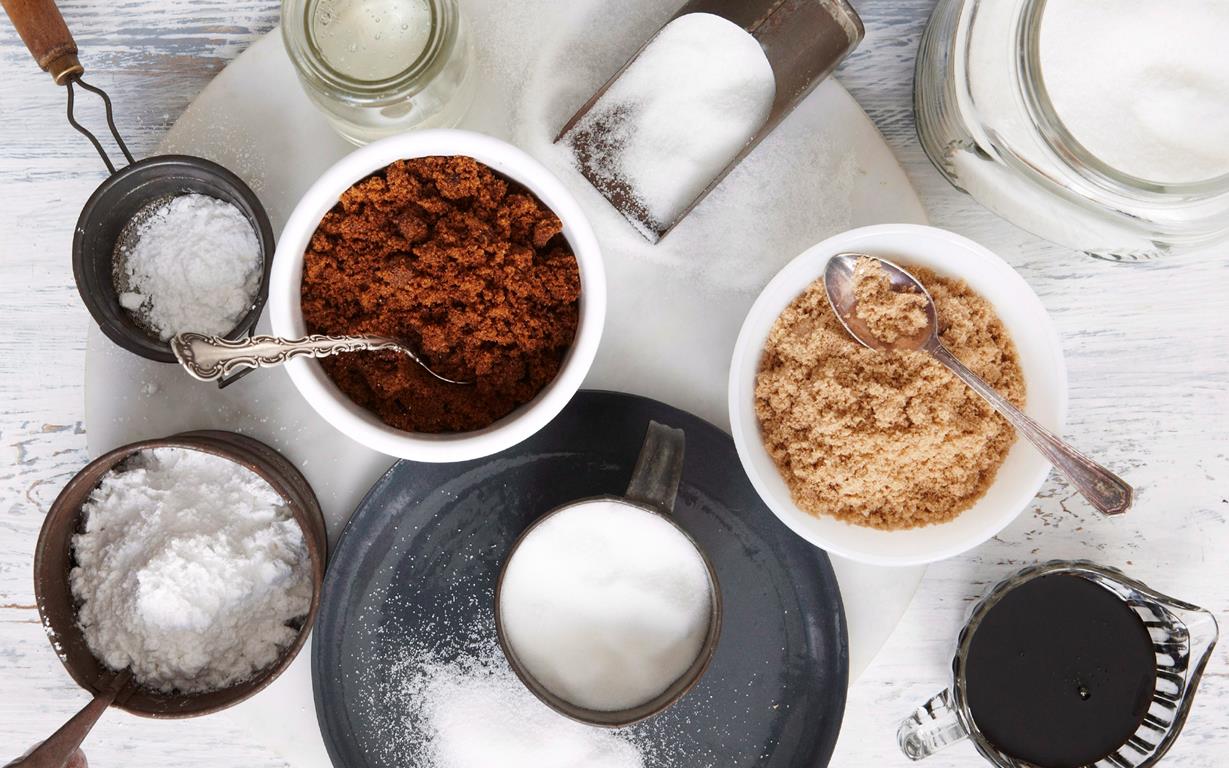Get Sweet Wise
Sugar is addictive. The sweeter the food the more energy it provided for our hunter-gatherer ancestors. So craving the sweet stuff is a leftover survival mechanism. But these days ultra-sweet foods are everywhere! Our bodies are not adapted to the sheer amount to sugar that we eat and it’s making us sick.
Weight gain and tooth decay are obvious negative effects of sugar, but consider a few of the others:
- Depresses our immune system
- Elevates triglyceride and cholesterol levels
- Raises insulin levels – and inflammation and fat storage
- Raises adrenaline levels – increases stress
- Contributes to nutrient deficiencies
- Promotes depression
But not all sugar is the same
The effect sugar has on your body differs depending on its source and degree of sweetness. Sugar derived from fruits, vegetables and whole grains is different from that found in refined foods, fizzy drinks, sweet treats and alcohol.
Simply put: the sugar found naturally in whole foods is fine in moderation and the sugar that is added to foods should be avoided.

BAD Sugar
Most of us think of sugar as sucrose - also known as table sugar, white sugar, granulated sugar and powdered or confectioner's sugar. It’s made from sugar beets or sugar cane. Stripped of all nutrients during the refining process, sucrose is not just empty calories, it also robs your body of essential vitamins and minerals. It’s also rapidly digested, resulting in blood sugar imbalances which sap energy, promote weight gain and eventually may result in diabetes.
Sad Substitutes
Artificial sweeteners are just as bad. Filled with potentially harmful chemicals, they offer no nutrition and trigger more sugar cravings. They’re cheaper than sugar, so the food industry makes ample use of them in their products:
- Saccharin – linked to cancer in animals, it should have been completely banned, but it was removed from the list of suspected carcinogens because there was “no clear evidence it caused the disease in humans”. Don’t take the chance. In Europe, you can identify saccharin as E954 on food labels.
- Sucralose – Also known by the brand name Splenda, it was discovered by accident by scientists looking for a new pesticide! Made from chlorinated sugar, it is found in baked goods, drinks, desserts, dairy products, syrups and condiments. Side effects include gastrointestinal problems, skin irritations, anxiety and weight gain.
- Aspartame is what makes your diet coke (and many yogurts, gums and medications) taste sweet. The documentary ‘Sweet Misery’ explains why aspartame is one of the most dangerous food additives. It’s banned for all children’s products in the EU – one reason to never give diet drinks to your children.
- High fructose corn syrup is corn syrup with extra fructose. It’s an unnatural product that your body can’t process. Used to lengthen product shelf life, it may shorten the life of the consumer by promoting heart and degenerative disease. Juices and foods can claim to be pure and natural and still be sweetened with this unnatural sugar, so beware.
- Sorbitol and mannitol are known as alcohol-derived sugars or sweeteners. They are low in calories and have a nice taste overall, but because of their slow absorption, they can cause serious gastric distress, gas, flatulence, cramps. Often people experiencing these symptoms are unaware that these sweeteners are the cause.
Natural sweeteners
Consider these 3 important things when choosing:
- How they impact your blood sugar - their glycemic index.
- How much fructose they contain - fructose converts to fat quicker (that’s why I don’t recommend fructose).
- Do they contain any nutrients that partially offset the negatives of sugar?
My 3 Favourites – based on the above
- Raw Organic Honey is an alkaline-forming food that has not been heated, pasteurized or processed in any way. It’s full of natural vitamins, enzymes, antioxidants and other important natural nutrients – the ones that are destroyed in the pasteurization process. GI is a lot lower than sugar, around 35 to 50 depending on the type.
- Maple Syrup contains lots of antioxidants and trace minerals and is lower in calories than honey. It has a lower fructose content (around 35 percent) and lower GI (around 50) than sugar, so it’s less likely to cause a spike in your blood glucose.
- Coconut palm sugar is made from the sap of the coconut palm. It’s less processed than refined sugar and retains some of the nutrients found in coconut. It has a lower GI (around 35) and less fructose than regular sugar. In terms of calories, it’s the same as sugar. Great for baking.
Bottom Line
Sugar is sugar, and whether it’s natural or refined, too much can damage your health, rot your teeth and stop you reaching your ideal weight. Choose your sweeteners wisely and try to limit your intake – your body will thank you!
Foodwise can help you take control of your weight issues and improve your well-being. We have all the nutritional information and dietary advice to correct underlying nutritional imbalances and help you lose weight for good. Get started now at: https://www.foodwise.life/program/weight-loss
